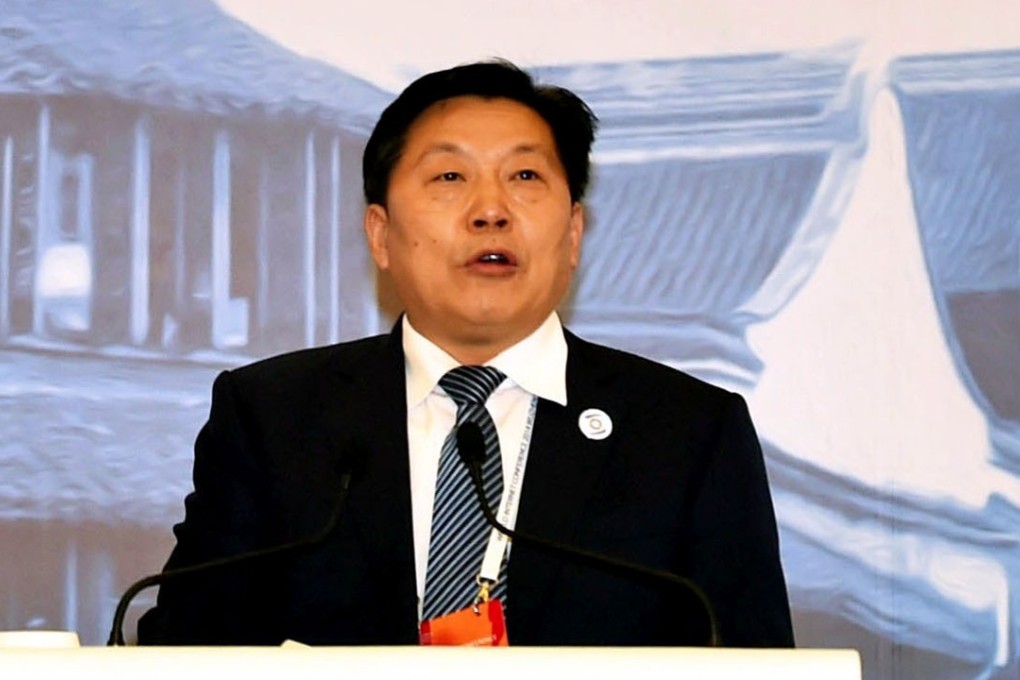China’s prosecutors charge former top internet censor with corruption
Lu Wei was known globally as the flamboyant gatekeeper of the country’s internet

China’s former internet tsar Lu Wei has been charged with taking a “huge amount” of bribes, the top prosecutor’s office announced on Monday.
Lu, widely seen as the public face of China’s draconian control over the internet during his term at the helm of the Cyberspace Administration of China (CAC) until 2016, now faces a trial.
Prosecutors in the eastern port city of Ningbo in Zhejiang province have submitted an indictment to the city’s intermediate people’s court, the Supreme People’s Procuratorate said in a statement.
Lu is accused of taking advantage of his position – as well as those of other state functionaries – to seek profits for others and illegally accepting “a huge amount of assets”.
The statement said the charges related to crimes he is accused of committing when he worked for Xinhua, the Beijing municipal party committee and government, the CAC and the party’s central propaganda department.